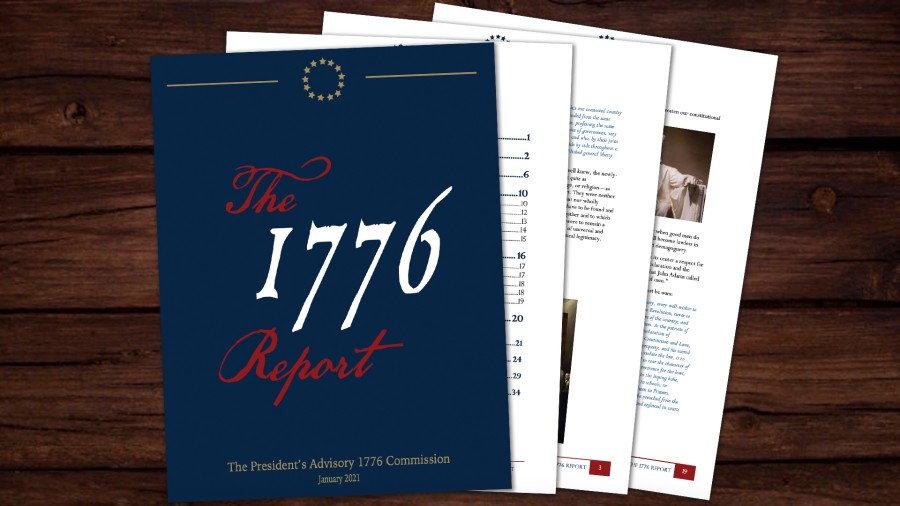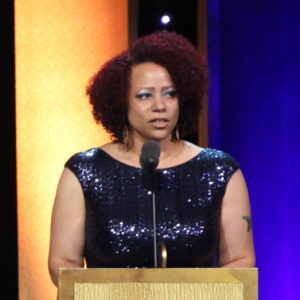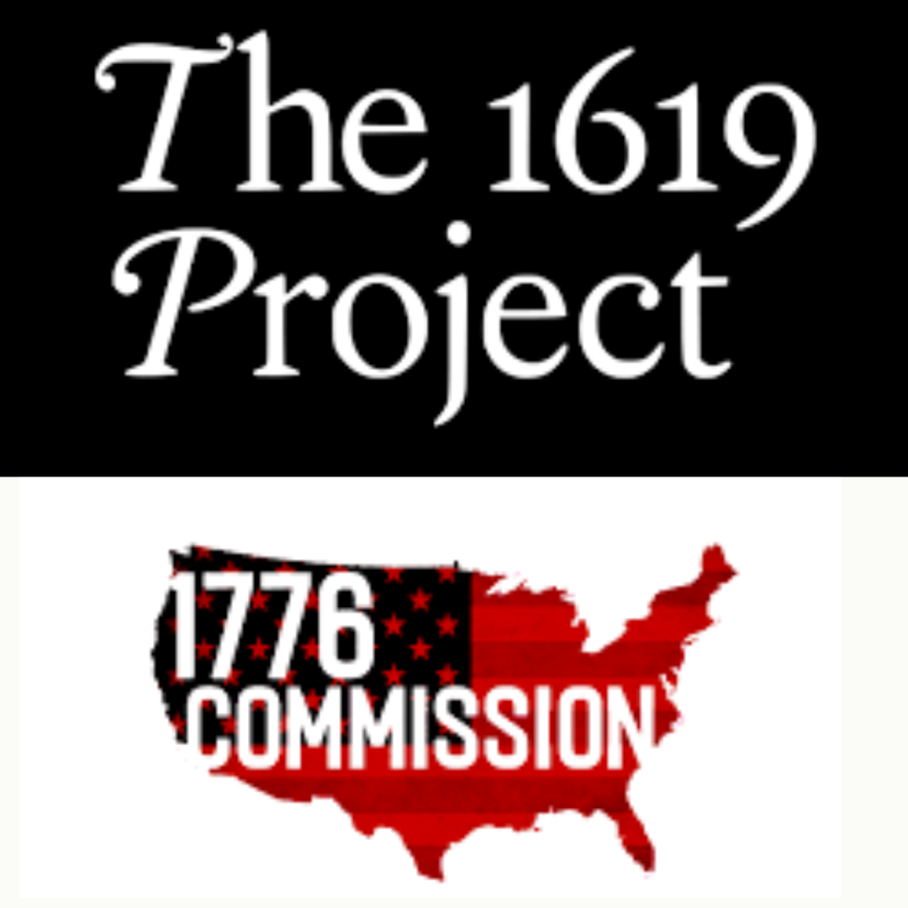The 1619 project and the 1776 Commission try to portray the founding and history of the United States in their way. They have different ways in which they want this generation and the future ones to learn about America and its founding fathers. The 1776 Commission advocates for the history that insists on the USA’s founding principles. The 1619 project, on the other hand, wants to include African Americans and the contribution of slavery in U.S. history. The 1776 Commission was launched by President Donald Trump, while the 1619 Project was commissioned by the New York Times. Both projects received different reactions from the U.S. and beyond.
The 1776 Commission
The 1776 Commission is a U.S. government commission established by Executive Order 13958. The commission’s goal is to “encourage a better understanding of the history of the USA” and “advocate the teaching of American history in a way that emphasizes the principles of the country’s founding.” Historians and educators have criticized the commission for its right-wing political bias and lack of academic expertise. The system claimed to safeguard the principles and history of the founding of the USA and restore the education system to teach the same.

Many people opposed the 1776 commission for a variety of reasons. Some people felt it was a way to rewrite history and downplay the role of slavery in the United States. Others thought it was an attempt to whitewash history and make it seem like the founding fathers were perfect. There was also concern that the commission was being used to further a political agenda (Bryant et al., 2019).
Many people opposed the 1776 Commission because it was seen as an attempt to whitewash history. Donald Trump created the commission to promote “patriotic education,” but critics say it is a way to promote Trump’s version of history. Trump has been accused of racism and xenophobia, and many believe the commission is simply a way to promote his agenda. It was created to commemorate the day America adopted the Declaration of Independence and declared separation from Great Britain.
The commission released 41-pages compiled by an 18-person commission of mostly male conservative educators (no historians). The major writers of the paper are not mentioned, nor are there any citations or footnotes.
On January 18, 2021, two days before Trump’s term ends and Joe Biden is inaugurated, “The 1776 Report” will be released. After taking office as Donald Trump’s replacement on January 20, 2021, President Joe Biden issued an executive order terminating the 1776 Commission.
According to Hillsdale College’s assistant provost for K–12 education, Trump inspired the private, conservative Hillsdale College to develop a 1776 curriculum in 2021, which has since been downloaded more than 26,000 times.
Also. to fight the 1619 project and Critical Race Theory (CRT) curriculums, Black Leaders Launched the 1776 History Curriculum. 1776 Project intended to counteract a narrative of African American victimhood by portraying stories of African American success and debunking myths supported by the 1619 Project, which they believe is harmful to African Americans.
The 1619 Project

The 1619 Project reframes US history, focusing on slavery and its ongoing legacy. It appeared first in The New York Times Magazine in 2019, created by journalist Nikole Hannah-Jones, who won a 2020 Pulitzer Prize for commentary.
In response to the 400th anniversary of the arrival of enslaved people in Virginia, the New York Times launched the 1619 Project in August 2019. The 1619 Project is an initiative that intends to restructure America’s history by including the contribution of African Americans and the consequences of slavery at the pivot of the national narrative.
In addition to the 1619 Project curriculum, the New York Times also offers a variety of resources for educators, including a collection of primary sources, lesson plans, and a student newsletter. The 1619 curriculum acknowledges the history of African Americans and ensures that students learn about the contributions that they have made to the United States. The curriculum can help to promote understanding and respect for diversity in the United States. The curriculum for the 1619 Project includes lessons on subjects such as the history of slavery in America. The participation of Black Americans in the American Revolution and the relationship between slavery and the United States’ growth were also mentioned.
The 1619 initiative aims to redefine American history around the arrival of the first enslaved Africans in the nation on that particular date. The project seeks to place the experience of Black Americans at the core of the nation’s story and to understand the United States as a nation founded on slavery and racism (Riley, 2020). The 1619 curriculum highlights the contributions of African Americans to the country and challenges the notion that the United States is a white country. The curriculum also promotes critical thinking about race and racism in America. Some historians have criticized the project for its approach to history. Still, it has also been praised for its ambition and the way it has sparked a public conversation about the meaning of American history.
The 1619 project curriculum is a separate entity, a series of reading guides and activities created by the Pulitzer Center and released with the Times Magazine issue, designed to support educators who want to teach the project. In September 2019, Chicago Public Schools CEO Dr. Janice Jackson announced that every Chicago Public Schools (CPS) high school would receive 200–400 copies’. Chicago became the first school district in the country to adopt the project.
“The stories we tell about our nation’s history matter deeply, and the 1619 Project offers us a new set of stories.”
Chicago Public Schools CEO Janice Jackson.
According to the Associated Press, 5,000 K–12 college educators from all 50 states have reported using its resources.
But It has also sparked anger in five states whose party holds legislative majorities—Arkansas, Iowa, Mississippi, Missouri, and South Dakota—which have introduced bills that would cut funding to K–12 schools and colleges that provide lessons from the 1619 Project.
On January 18, 2021, former president Donald Trump’s final action in office was to announce a change in the U.S. history curriculum; he brought up the idea of a 1776 Commission curriculum, which was in direct response to the 1619 Project attempting to counter the teachings of the 1619 project. This was the same day the United States celebrated the life and work of Reverend Doctor Martin Luther King Jr.

Work Cited
Bryant, P. D. P., Arnn, L. P., Swain, C. M., Spalding, M., Davis, J. C., Farris, M. P., … & Strauss, J. (2021). The 1776 Report.
Riley, N. S. (2020). ‘The 1619 Project ‘Enters American Classrooms. Education Next, 20(4).
Digital Urban Educator- October 2019 – cgcs.org. https://www.cgcs.org/Page/939


